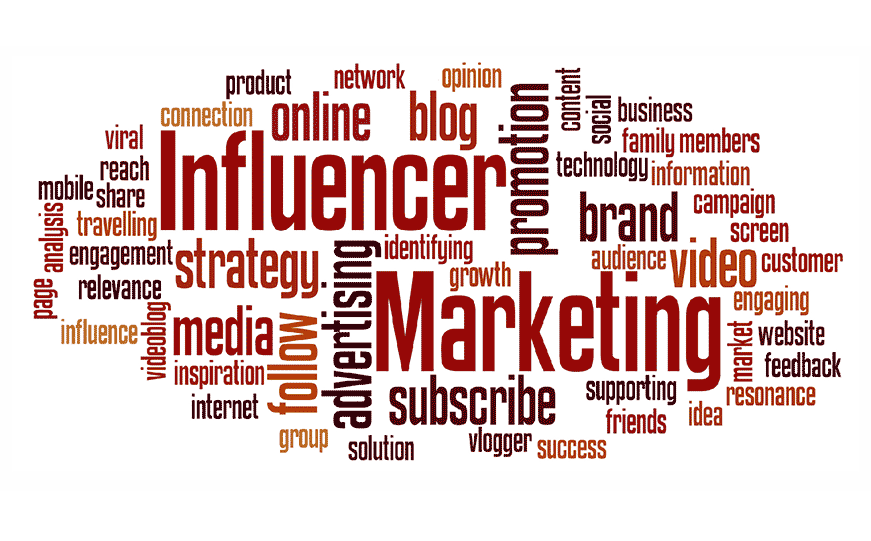A great deal has been written about the growing influence of bloggers and social media influencers. When researching brands and products, audiences frequently turn to influencers to seek their opinions and recommendations. And marketers have taken note – in fact, 37 percent of marketers say blogs are the most valuable type of content marketing for their brands.
Check Your Sources
With the large volume of information being disseminated minute-by-minute in the media and online, there has been – not surprisingly – an increase in the circulation of unverified and false information. This, in turn, makes it more important than ever before that building products brands thoroughly vet content before acting upon or sharing it.
In a recent Influence Central survey of 370 social media influencers, 73 percent said they had shared content about the COVID-19 virus, with only 27 percent delivering regular content during the crisis.
Audiences have been calling out misinformation being spread around COVID-19 by some social media influencers – in particular, those who have been talking about unverified ways to prevent the virus.
In addition to verifying the reliability of shared information, it is challenging for reviewing influencer posts to determine whether content is authentic or derived from sponsored content.
This concern arises at an opportune time, as the FTC is scheduled to review in 2020 rules dictating how social media influencers disclose their brand sponsorships in blogs and social media posts. As a result of increased scrutiny, the FTC is likely to take a stricter stance by increasing enforcement of the endorsement guidelines it has already put in place.
Seeing Isn’t Necessarily Believing
Fraudulent (fake) online reviews are also a growing problem. Studies show that approximately 90 percent of internet users check out online reviews prior to making a purchasing decision.
And audiences are becoming more discriminating. According to a survey on consumer reviews by BrightLocal, 70 percent of consumers said they look at multiple review sites before selecting a business and 68 percent reported that they frequently “question the authenticity of reviews.”
It’s undeniable that the influencer marketing landscape is changing. So, how does all of this impact home and building products brands?
Keep It Real
Well, first and foremost, it’s crucial to make sure bloggers and social media influencers you are considering working with are credible and align with your brand and company values. Authenticity has become even more important than it was just a couple of months ago. People are looking for reassurance and certainty – so you can’t afford to partner with someone who could potentially negatively impact your brand’s reputation.
Don’t just look at number of followers. As well, building product marketers need to make sure that the influencer has consistent (positive) engagement and that their posts aren’t overly promotional. It’s okay if a blogger or influencer occasionally accepts sponsored posts, but the majority of the blogger’s posts should be written from personal experience.
Want to learn more about what to keep in mind when implementing an influencer marketing strategy? Check out our presentation below, “Influencing the Influencers – the Evolving Role of Influencer Marketing in Brand Building,” which was presented last week during Coverings Connected 2020.
K&A is here to help you find the right influencers for your brand and budget needs. Contact us at skleber@kleberandassociates.com to learn more.




